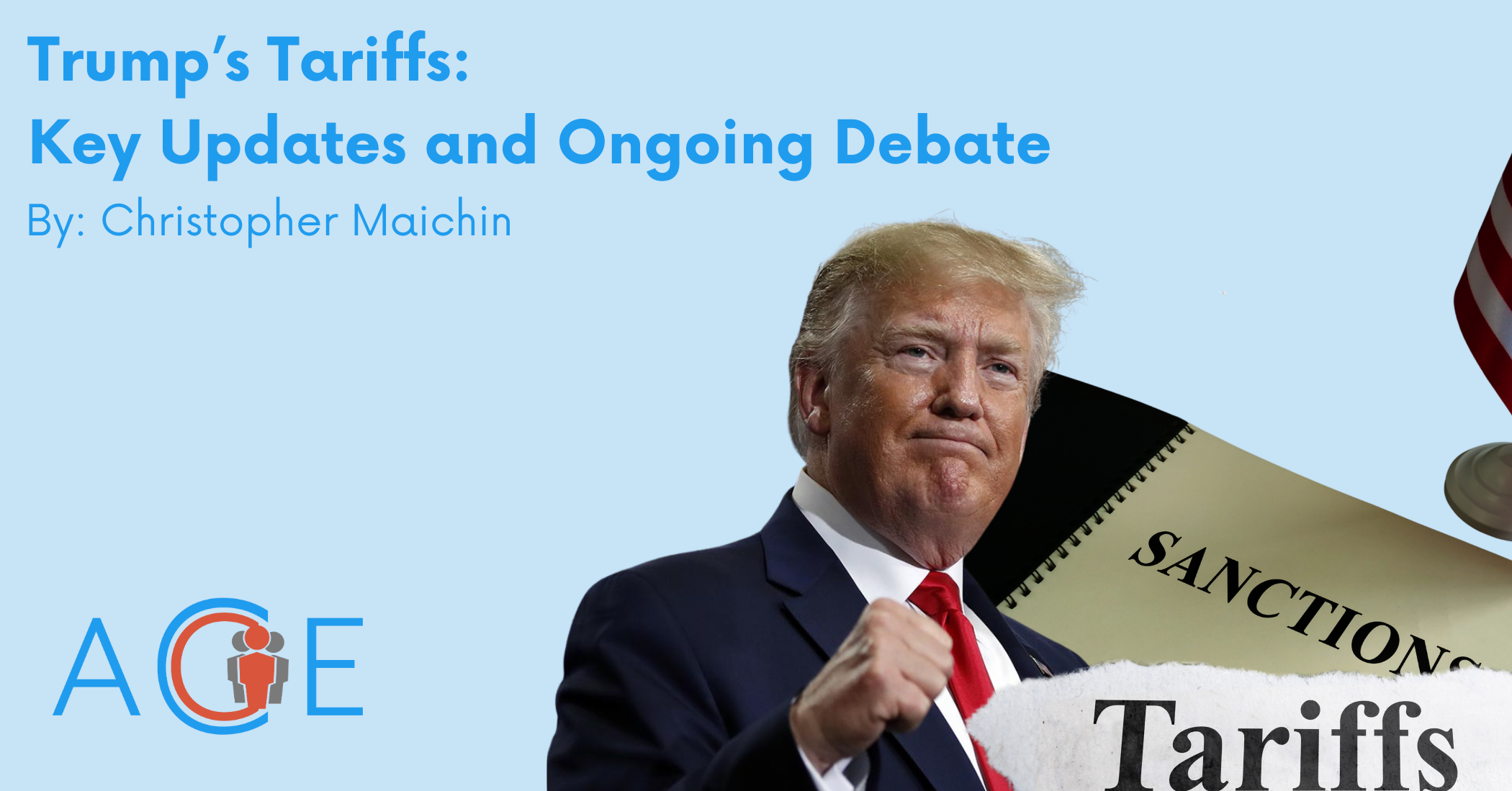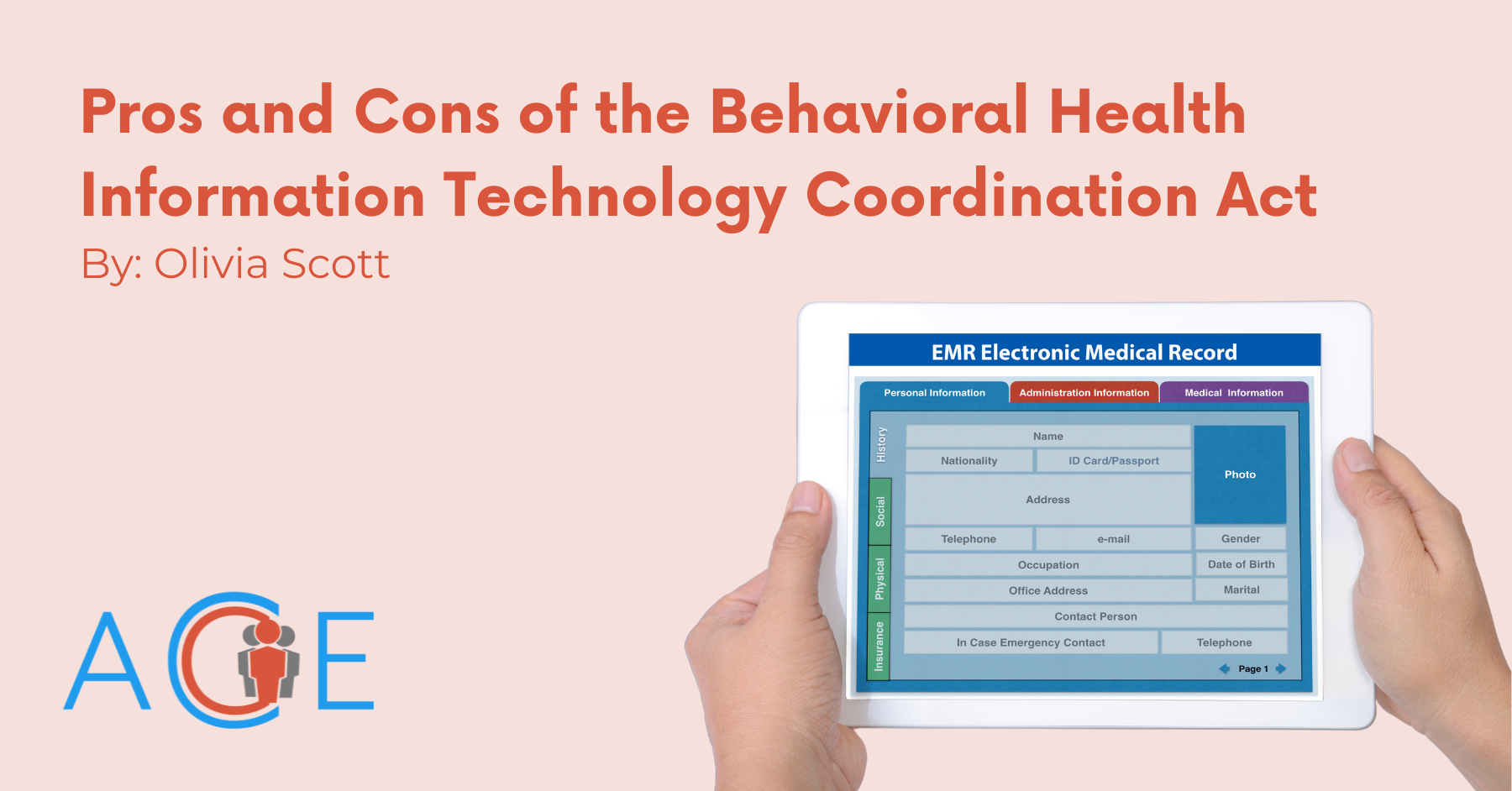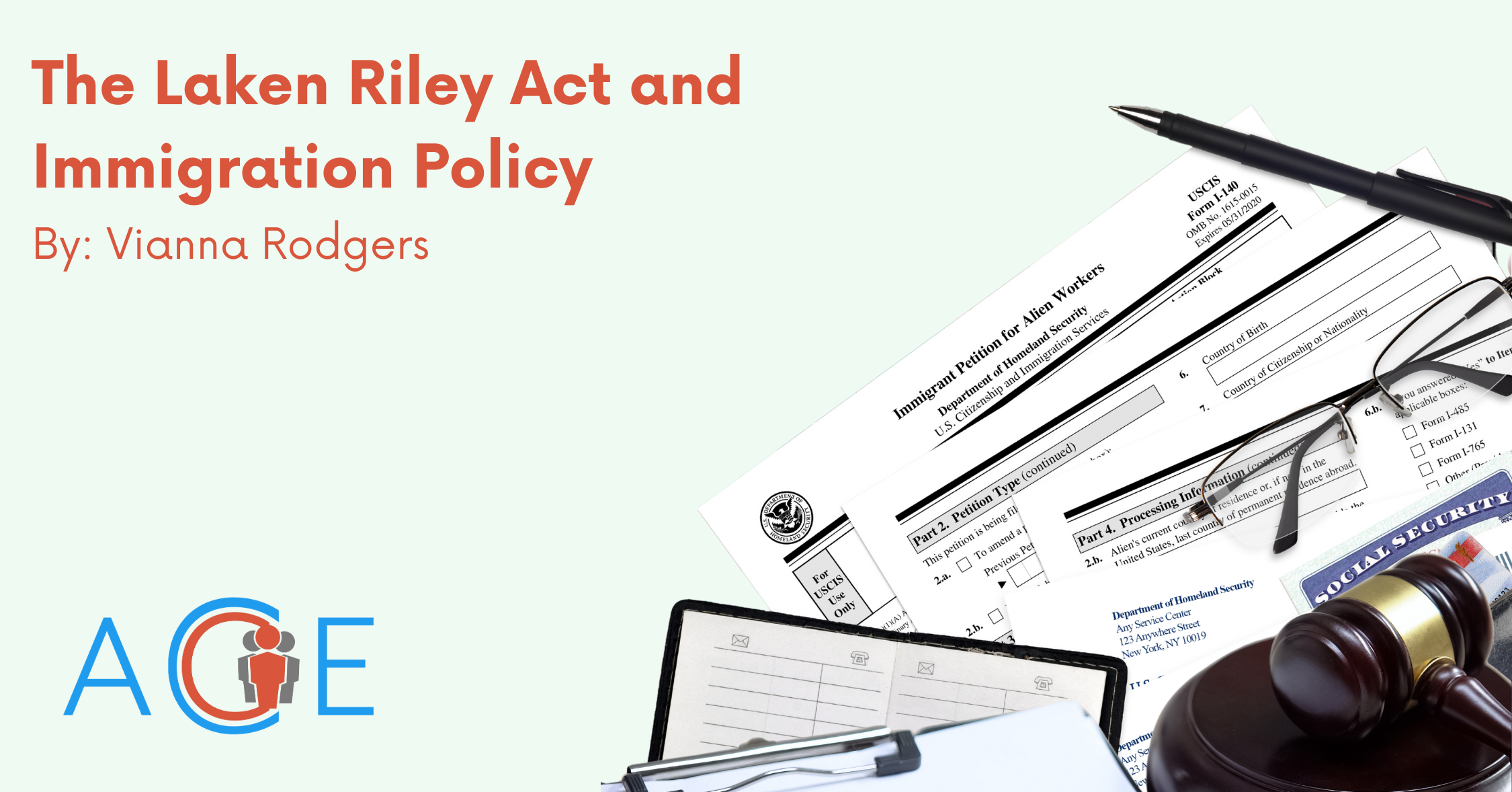One of President Trump’s myriad “first-day” promises, the plan to leverage tariffs against Canada, Mexico, and China drew attention on the campaign trail. Two weeks into his second term, the campaign promise came to fruition via three consecutive executive orders, sparking economic debate and what some are calling a trade war with neighboring countries.
The Executive Orders
On February first, the White House released an emergency memo announcing new tariffs as a means to combat “the extraordinary threat posed by illegal aliens and drugs”. The declaration alluded to executive orders from the same day which invoked the International Emergency Economic Powers Act (IEEPA) to impose tariffs on Canada, Mexico, and China. Collectively, these orders levied 25% tariffs on all goods from Canada and Mexico and a 10% tariff on all goods from China. The first order carves out a smaller 10% tariff on energy resources imported from Canada to limit domestic energy shortages.
Diplomatic Standoff and Temporary Delay
Just before the tariffs were set to take effect, Mexican President Claudia Sheinbaum and Canadian Prime Minister Justin Trudeau negotiated a 30-day delay, agreeing to several conditions. The 30-day window sets a tight deadline for implementing the following measures, with the potential for future U.S. tariffs lingering in the case of failed implementation:
Canada:
- Appointing a Fentanyl Czar: Canada will designate a high-level official responsible for coordinating efforts to combat fentanyl production and distribution.
- Designation of Drug Cartels as Terrorist Organizations: This move aims to enhance legal frameworks for tackling organized crime.
- Intelligence Sharing and Funding: Canada will implement an intelligence directive targeting fentanyl and organized crime, supported by substantial funding.
- Border Security Enhancements: Canada has pledged to bolster its border security measures to prevent illegal crossings and drug smuggling.
Mexico:
- Deployment of National Guard: Mexico will send 10,000 National Guard troops to its northern border to prevent drug trafficking and illegal immigration.
- Cooperation on Weapons Trafficking: Mexico will work jointly with the U.S. to curb the trafficking of weapons into Mexico.
China did not negotiate a delay, and instead retaliated immediately with its own tariffs on American energy and agricultural imports. China also filed an official dispute in the World Trade Organization.
During negotiations for the 30-day-delay, Canada also retaliated with its own tariffs on U.S. goods. On February 4th, Prime Minister Trudeau implemented a CA$155 billion tariff package that will impact myriad products including steel and plastic, household appliances, and coffee. Mexico has not yet proposed retaliatory tariffs.
Prospective Impacts
The Trump administration’s use of tariffs is not new; in his first term, President Trump levied considerable tariffs on steel and aluminum imports, impacting China, India, the European Union, and other trade partners. However, President Trump’s recent executive orders have drawn increased attention for their novel scope. This is the first time in American history that a sitting President has invoked IEEPA to leverage tariffs, bypassing the formal investigation process required under other tariff-related laws like Section 232. Supporters emphasize that the use of IEEPA allows President Trump to act more efficiently in light of the pressing opioid crisis, while critics warn that using IEEPA to implement tariffs risks unchecked executive authority.
Economically, some experts warn that this round of tariffs could raise consumer prices significantly more than the tariffs from the last Trump administration due to their expanded scope, targeting of consumer goods, and ongoing inflation. A report from the Tax Foundation estimates that tariffs will function as a hidden tax, potentially costing households hundreds of dollars annually. Senate Minority Leader Chuck Schumer called the tariffs “the beginning of a golden age of higher costs for American families”, warning that they would strain relations with allies and worsen supply chain issues. On the other hand, some argue that Trump’s tariff strategy has already succeeded in forcing Canada and Mexico to the negotiating table, leading to unprecedented commitments to address border security and the drug trade. They emphasize that the proposed tariffs were a strategic move to force cooperation from neighboring countries on pressing issues, despite the short-term economic cost.
Will the Tariffs Actually Be Imposed?
While the 30-day delay provides an opportunity for Canada and Mexico to fulfill their commitments, President Trump has stated that he fully intends to impose tariffs if they fail to act decisively. Moreover, on February 13th, President Trump signed a memo calling for research on retaliatory tariffs, signaling that the White House is preparing to impose additional tariffs on nations like Canada and China that initially retaliated with tariffs of their own.








